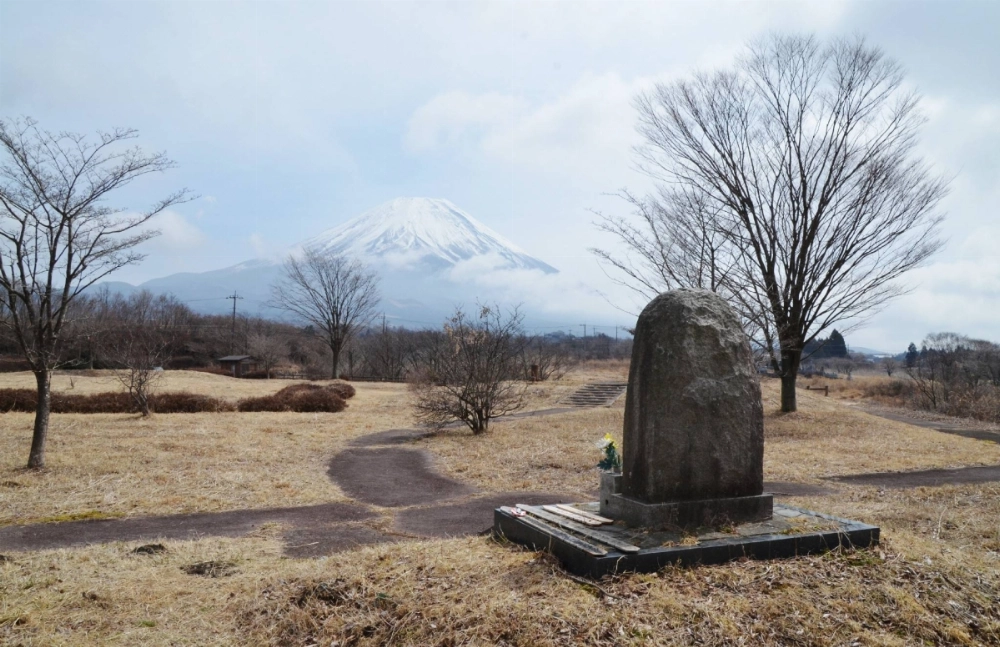A former senior member of Aum Shinrikyo expressed regret over his involvement in the doomsday cult in an interview ahead of the 30th anniversary of its sarin nerve gas attack on the Tokyo subway system.
"I followed him despite thinking it wasn't right," the 59-year-old man said of his devotion to Aum guru Chizuo Matsumoto, who went by the name Shoko Asahara.
"I should have trusted my instincts," he said.


















With your current subscription plan you can comment on stories. However, before writing your first comment, please create a display name in the Profile section of your subscriber account page.